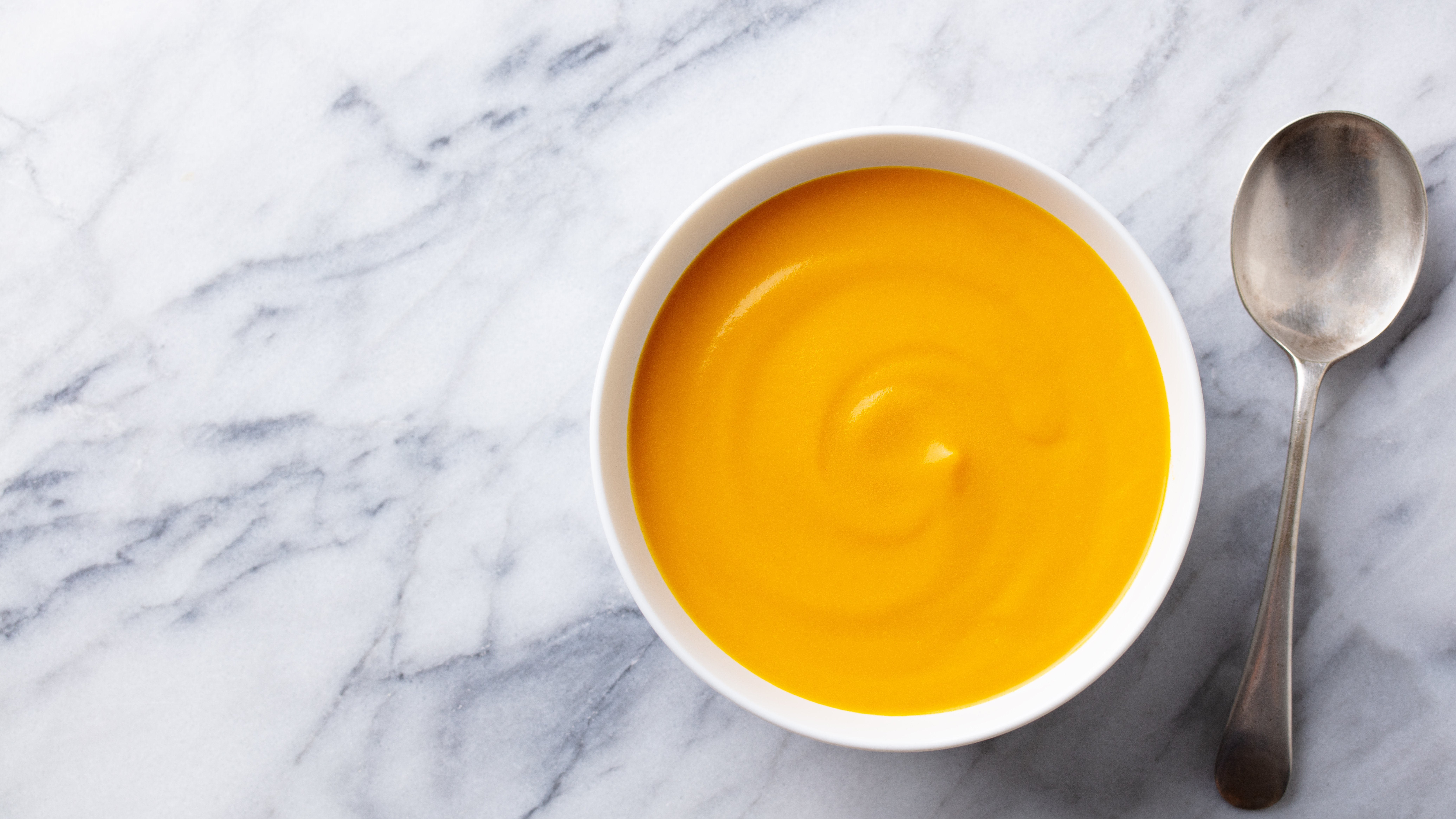
Sweet, bright mango purée is a really lovely food to introduce your baby too early.
This is one of the quickest and easiest baby foods you can make for your baby and is ideal for infants over 10 months. Because the mango doesn't require any cooking, this is really easy to make, especially with a really ripe mango. Choose whether to use water, plain or vanilla yogurt to use to create a really creamy consistency and simply dilute further if you need it to be thinner for a younger baby. Mango is rich in pre-biotic dietary fibre, vitamins, minerals, and poly-phenolic flavonoid antioxidant compounds. You can make it in a large bowl and then transfer leftovers to smaller pots.
Ingredients
- 1 ripe mango
- Plain or vanilla yogurt or water, apple or pear Juice
WEIGHT CONVERTER
Method
- Peel the mango. Cut it in halve from top to bottom and remove the large seed using a knife. Cut the flesh into chunks them mash until smooth.
- Add yogurt, water or juice until the proper consistency for your infant stage.
Top tip for making this mango purée
Make sure your mango is nicely ripe before you make this. If you're buying to use the same day, it should be a nice rosy colour and slightly soft to the touch. If it's still firm, it's not quite ripe and you'll need to keep it in the fruit bowl (away from bananas as they can cause fruit to go off more quickly) for a few days first.
You might also like...

Octavia Lillywhite is an award-winning food and lifestyle journalist with over 15 years of experience. With a passion for creating beautiful, tasty family meals that don’t use hundreds of ingredients or anything you have to source from obscure websites, she’s a champion of local and seasonal foods, using up leftovers and composting, which, she maintains, is probably the most important thing we all can do to protect the environment.
-
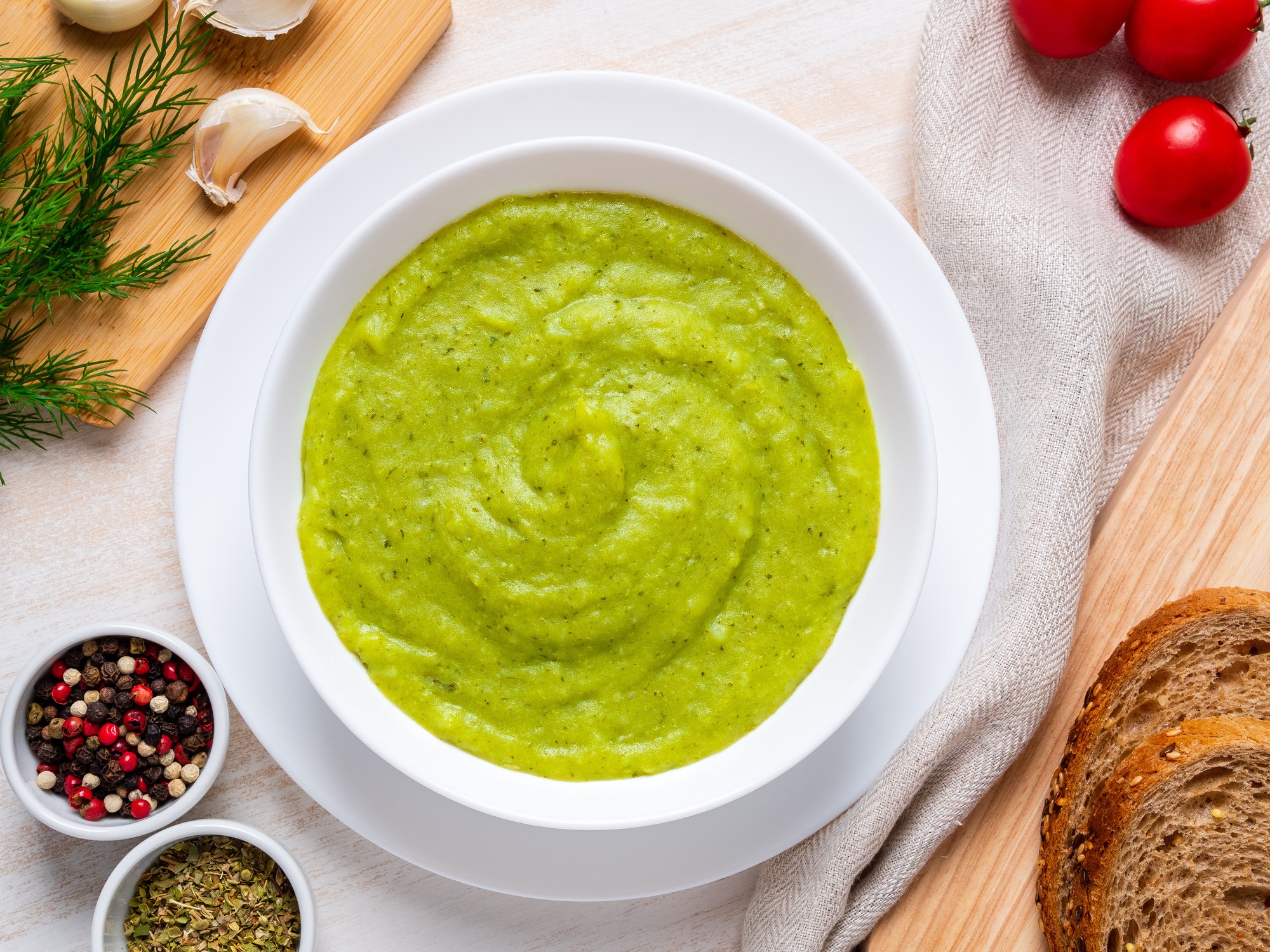 Green bean puree
Green bean pureeDeliciously smooth, vibrant green bean puree made with fresh beans and peas. Ready in just 20 minutes...
By GoodtoKnow Published
-
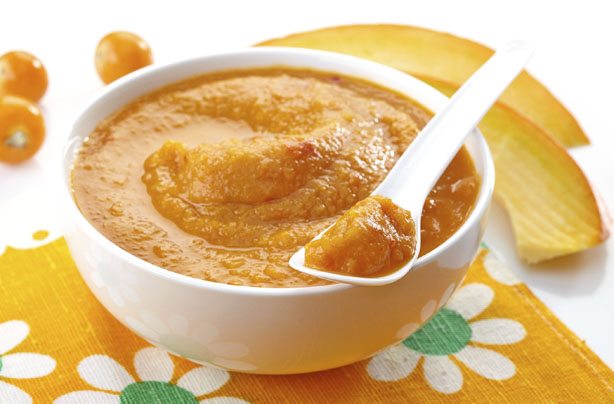 Baby food: Squash purée
Baby food: Squash puréeButternut squash purée is perfect food for growing babies-rich in minerals and vitamins, and with a sweet and mild taste. This is a super simple recipe for babies
By Jessica Dady Published
-
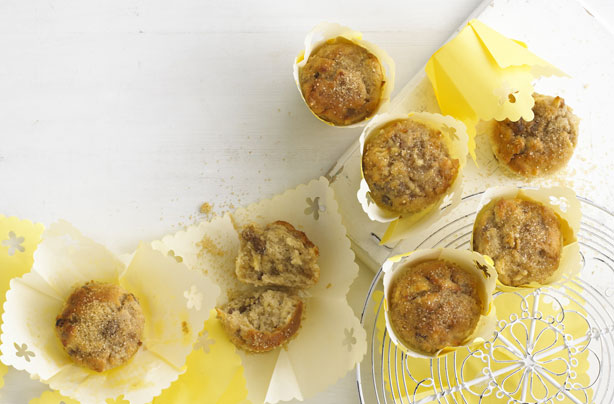 Annabel Karmel's apple and sultana muffins
Annabel Karmel's apple and sultana muffinsAnnabel Karmel's apple and sultana muffins are easy to make for - or even with - your little ones. Ready in just 30 minutes.
By Annabel Karmel Last updated
-
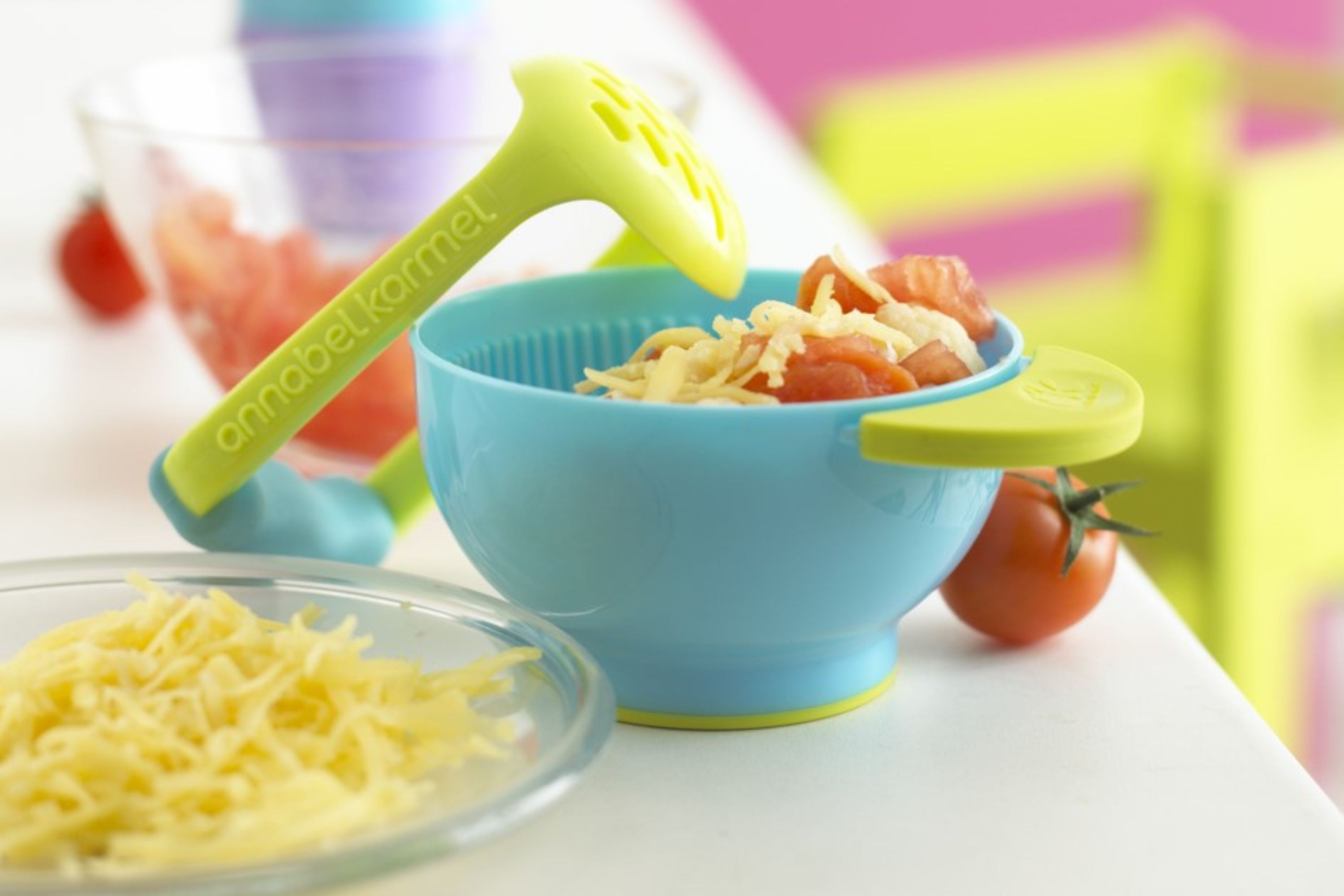 Annabel Karmel's trio of vegetables with tomato and basil
Annabel Karmel's trio of vegetables with tomato and basilSuitable for six months plus, this baby food by nutritional expert Annabel Karmel is made with a whole heap of veggies...
By Annabel Karmel Published
-
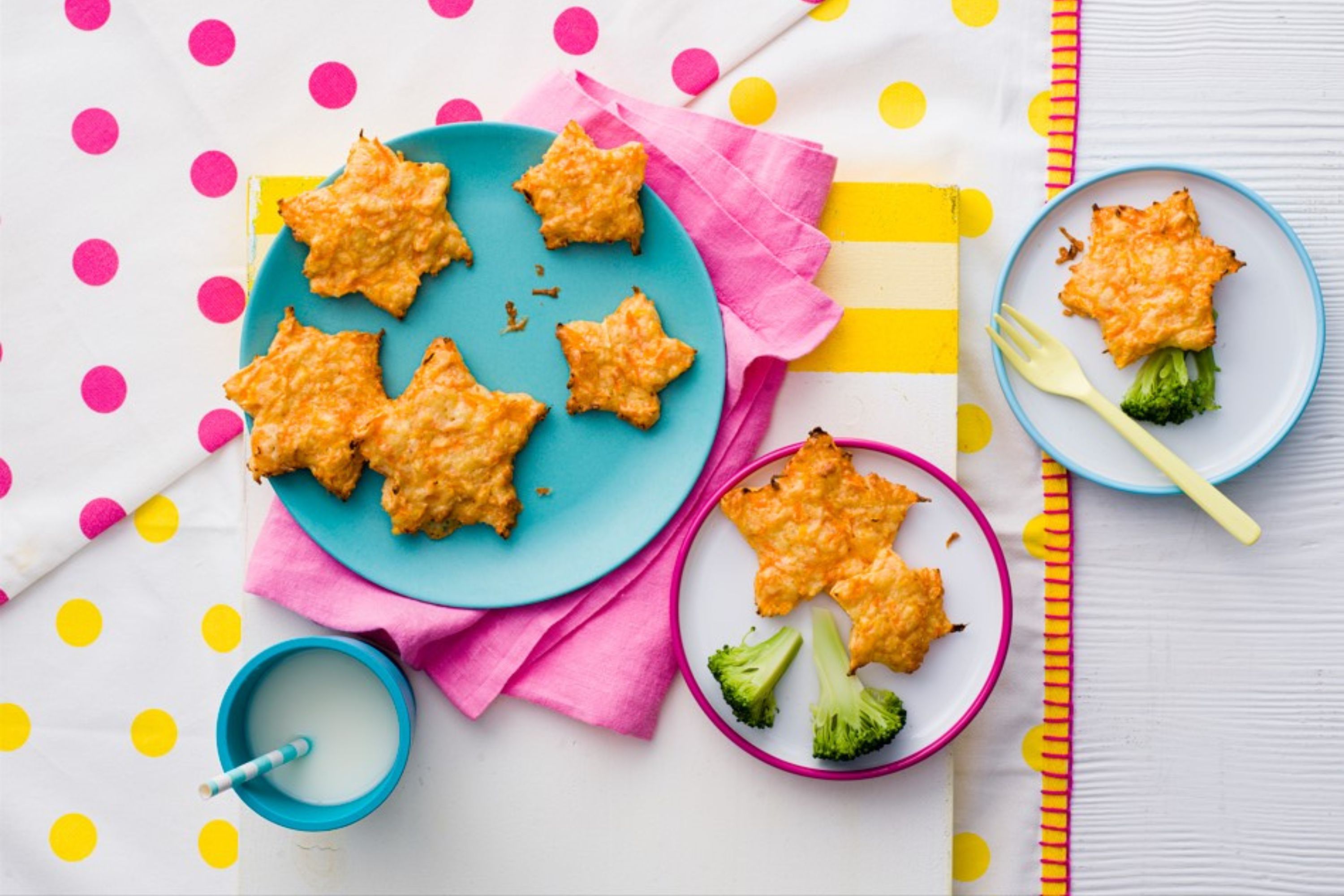 Annabel Karmel's cheesy carrot stars
Annabel Karmel's cheesy carrot starsThese flavour-packed cheesy carrot stars by Annabel Karmel are perfect for introducing finger foods to your little one...
By Annabel Karmel Published
-
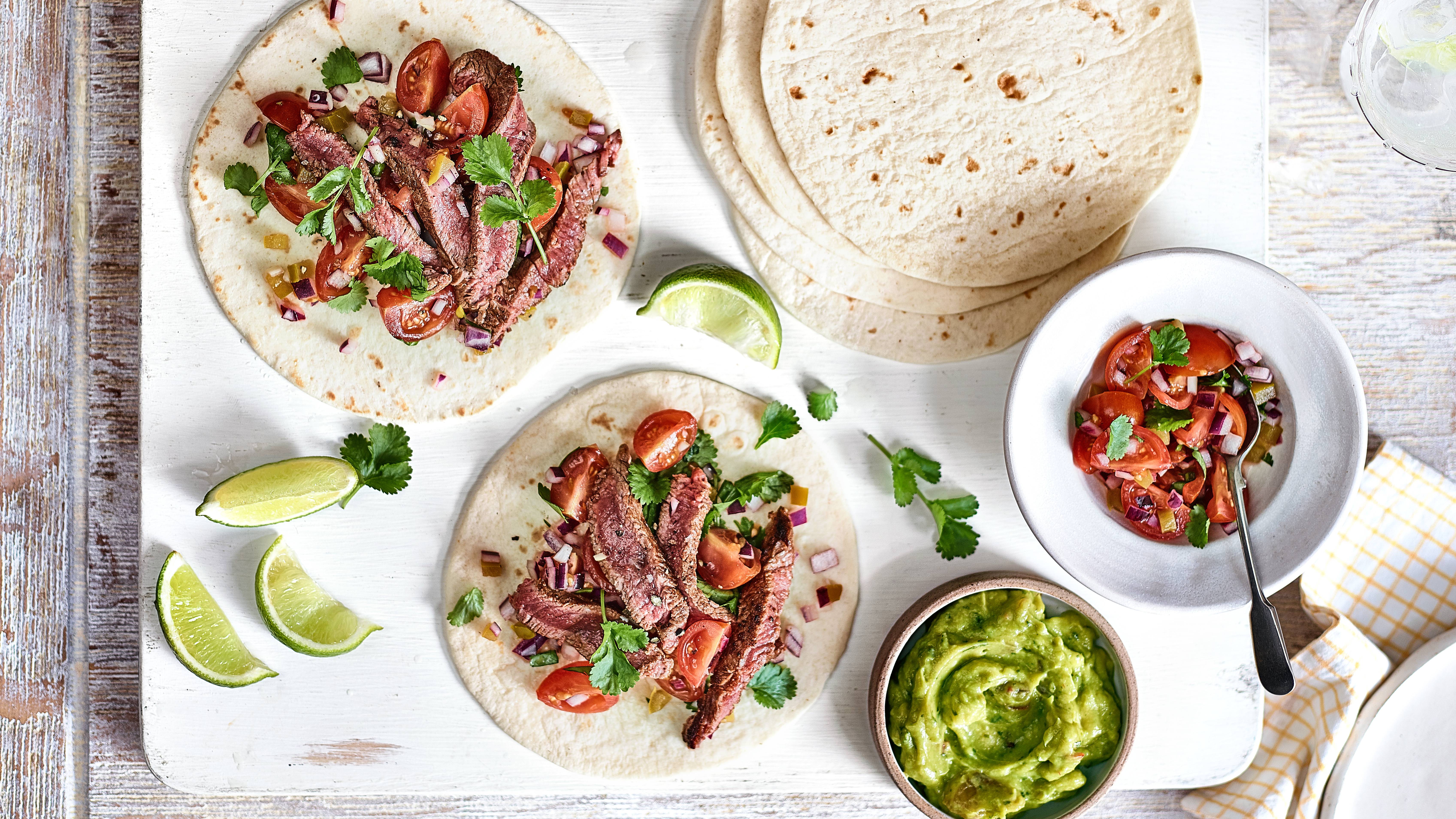 Steak and salsa wraps
Steak and salsa wrapsOur steak and salsa wraps are one of those build-you-own suppers the teens in your house will love...
By Jessica Ransom Published
-
 5 easy ways to let children take risks (without your anxiety going through the roof)
5 easy ways to let children take risks (without your anxiety going through the roof)Here's why allowing children to put themselves in 'healthy' risk situations is actually good for them
By Selina Maycock Published
-
 Top 10 positive traits children learn from their parents - and #5 is no easy task
Top 10 positive traits children learn from their parents - and #5 is no easy taskHave you passed any of these on to your kids?
By Ellie Hutchings Published
-
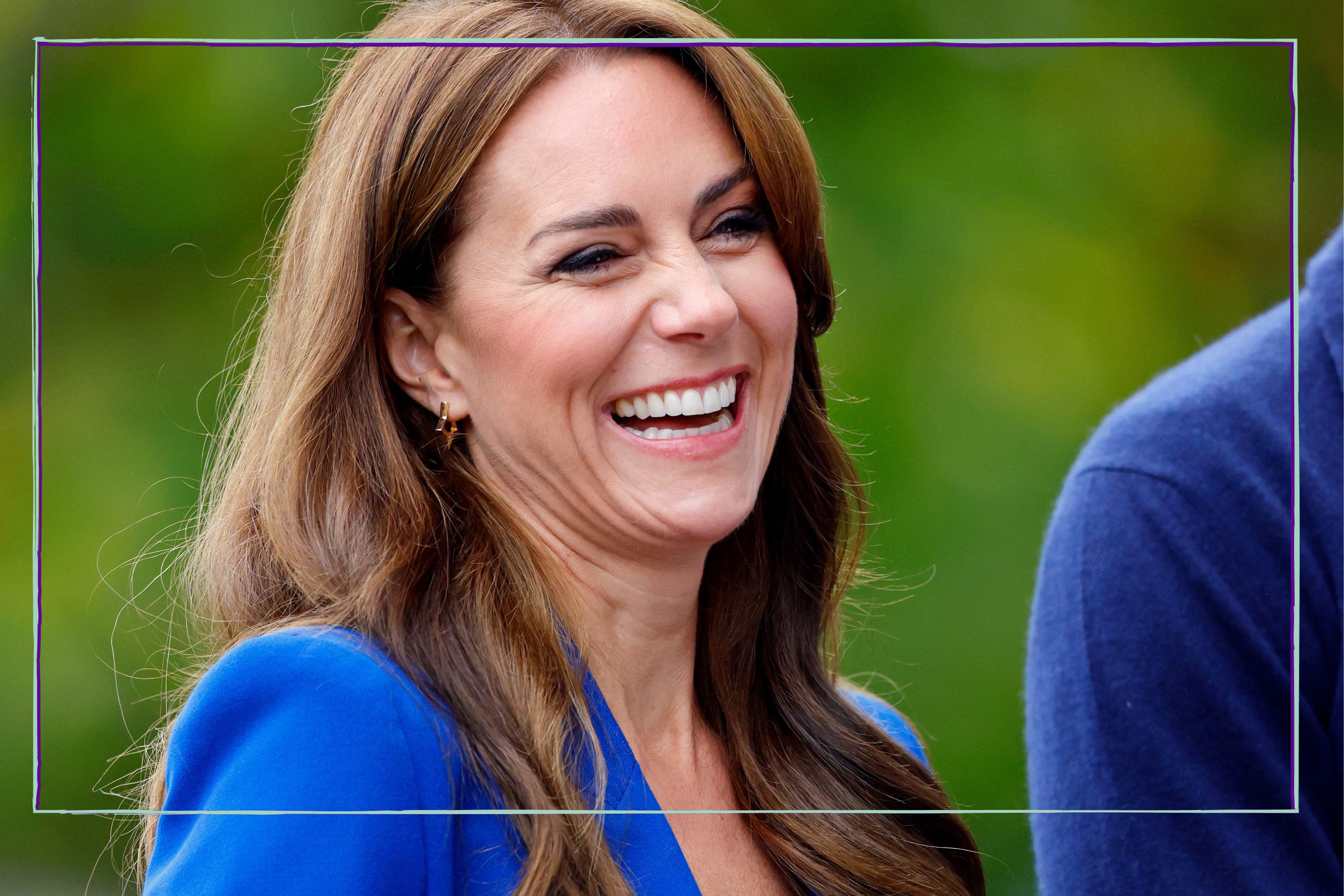 Kate Middleton’s 'two veg' breakfast is an easy energy boost for busy mums
Kate Middleton’s 'two veg' breakfast is an easy energy boost for busy mumsThe Princess of Wales is said to eat the same things for breakfast each day
By Selina Maycock Published
